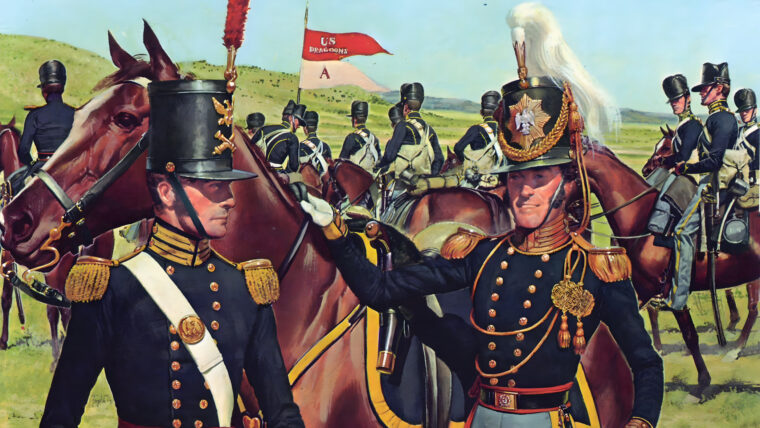
Military History
First Mission of the U.S. Dragoons
By Kevin L. CookA caravan of traders bound for Santa Fe left Cantonment Leavenworth near the Missouri River on June 3, 1829, escorted by four companies of the 6th U.S. Read more
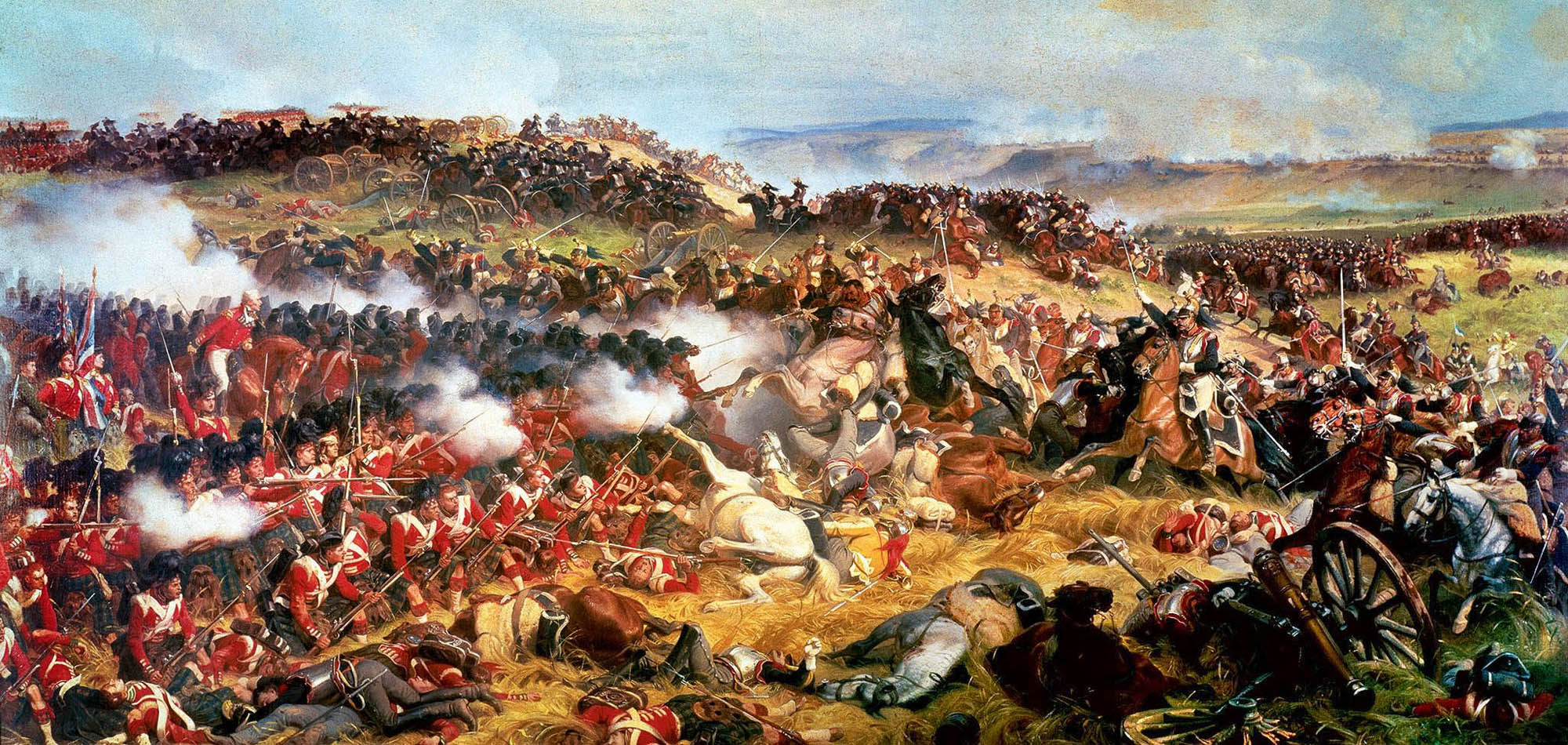

Military History
A caravan of traders bound for Santa Fe left Cantonment Leavenworth near the Missouri River on June 3, 1829, escorted by four companies of the 6th U.S. Read more
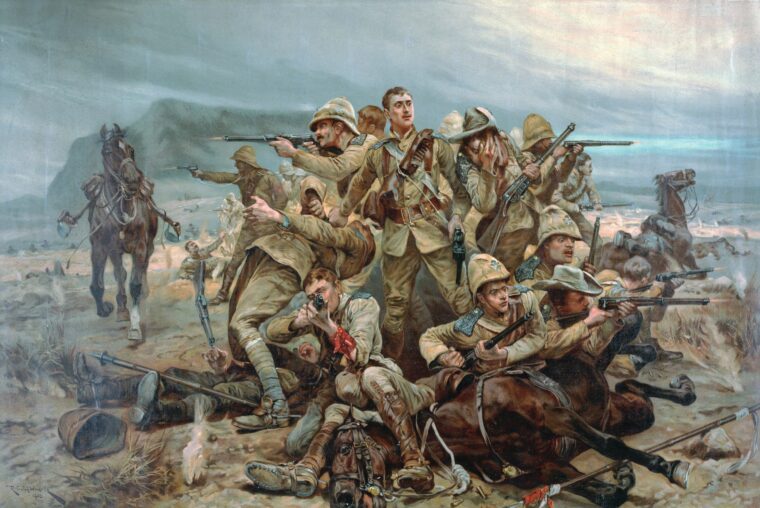
Military History
Modern military camouflage has gone high tech, with digicam or “digital camouflage” being the preferred pattern for soldiers in the field. Read more
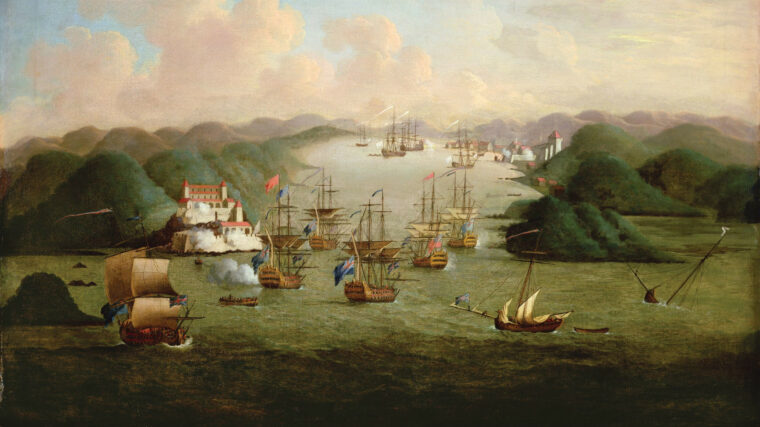
Military History
In the 1700s, the Spanish empire in the Caribbean was a lucrative trade monopoly directed from Madrid, with Cadiz designated as the official port for trade to and from Spain and its colonies. Read more

Military History
The early years of Rome’s second war with Carthage were some of the darkest the Republic had ever known. Read more
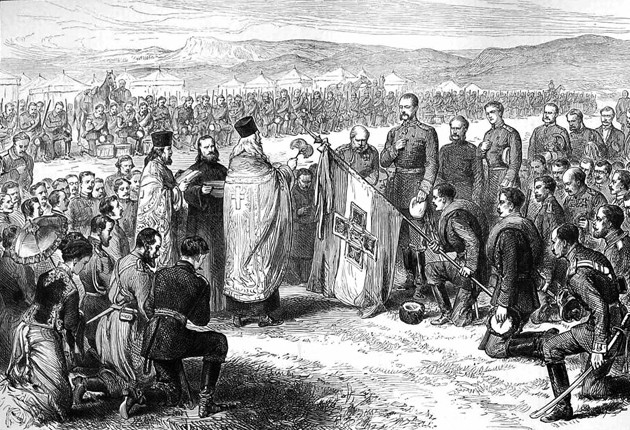
Military History
Anticipating the inevitable war with the Ottoman Empire, the Russian government approved creation of a military formation recruited from native Bulgarian volunteers. Read more
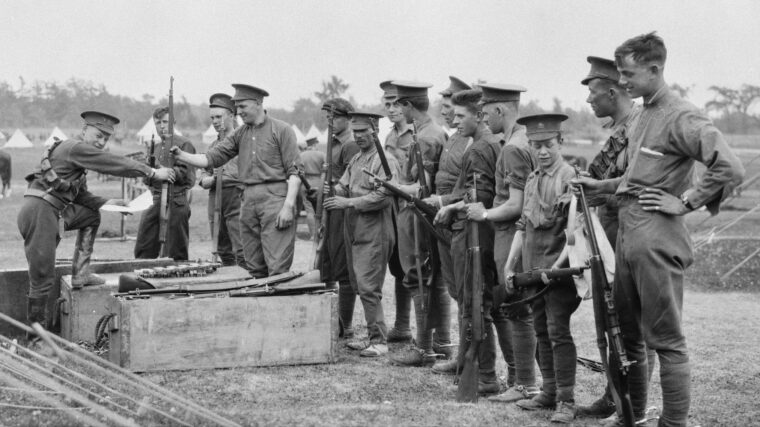
Military History
At the turn of the 20th century, Canada was dependent on Great Britain for rifles to equip her army. Read more
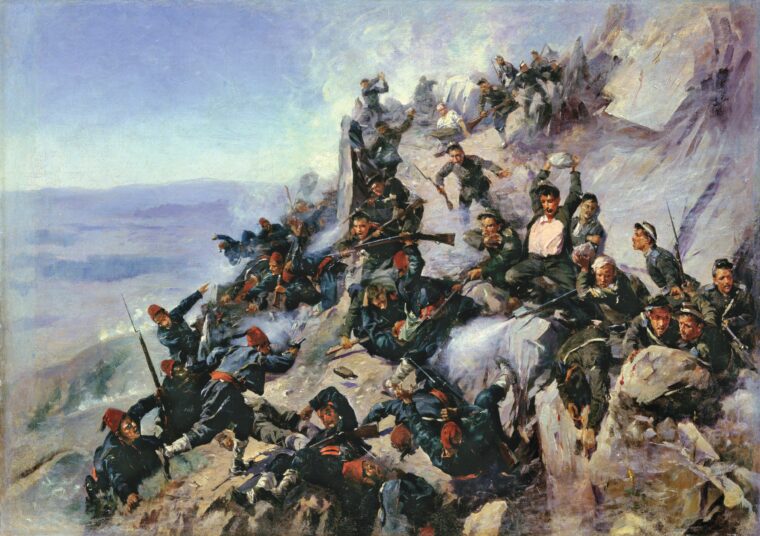
Military History
In the summer of 1875, the Christian Slavic populations of Bosnia and Herzegovina rose up in rebellion against their Muslim Ottoman Turkish rulers in response to high taxes and depredations by the local Turkish administration. Read more
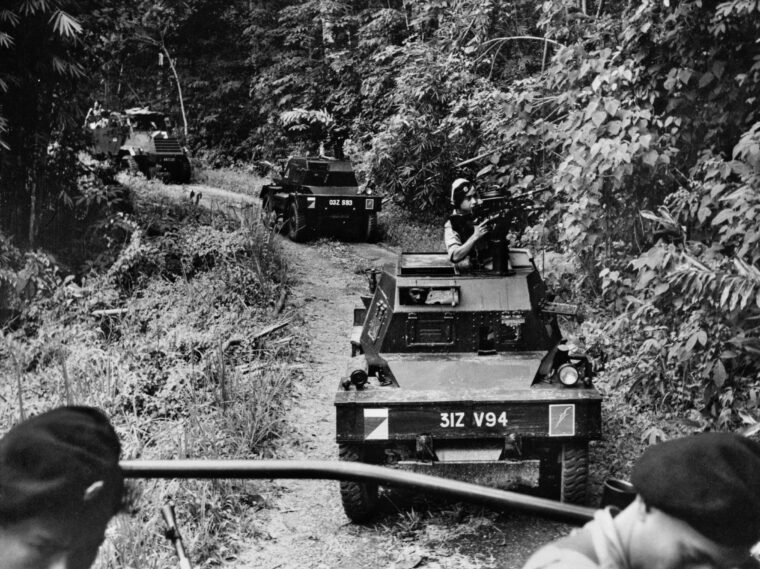
Military History
Following World War II, the British returned to a much different Malaya than they had departed three years earlier. Read more
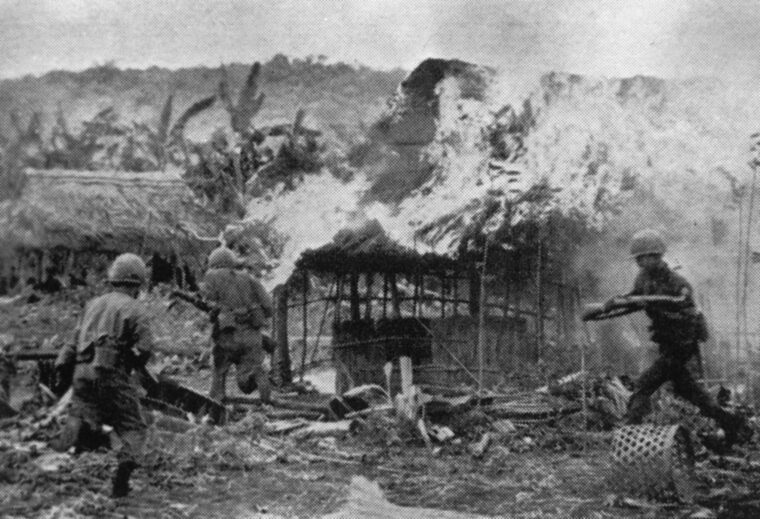
Military History
On the night of February 13, 1967, the 11th Company of the 2nd South Korean Marine Brigade was occupying a position near the village of Trah Bin Dong in Quang Ngai province, South Vietnam. Read more
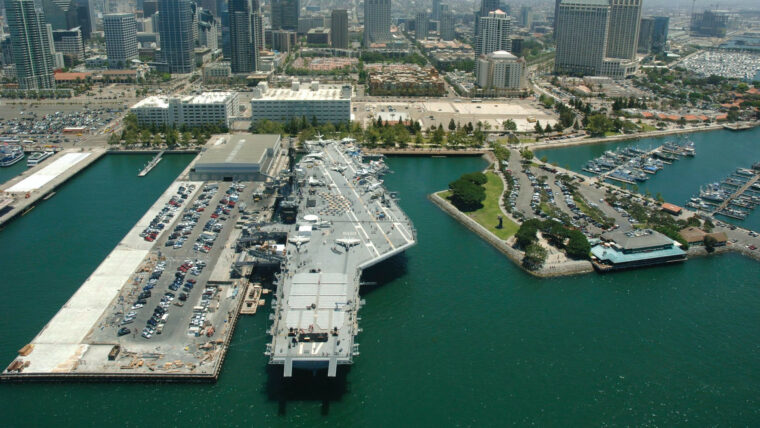
Military History
A boat trip through San Diego harbor provides visitors with tangible proof of America’s military might. San Diego is one of the U.S. Read more
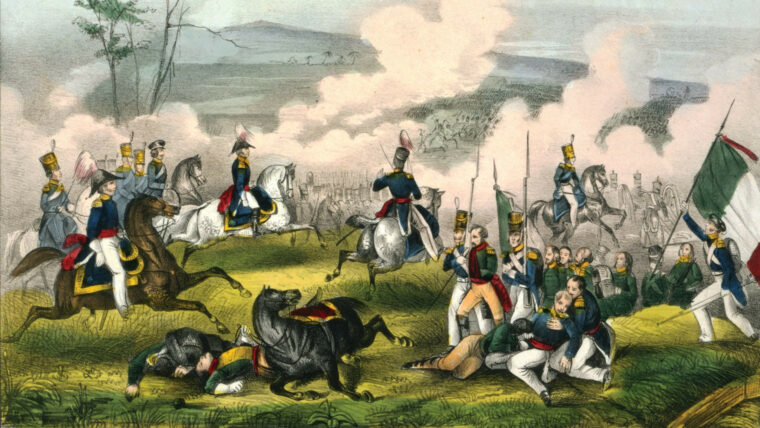
Military History
The use of individuals unaffiliated with any intelligence organization is commonplace in the annals of espionage. Governments often use people who have certain skills or expertise to establish contact with other individuals who are believed to have influence with the nation they represent. Read more
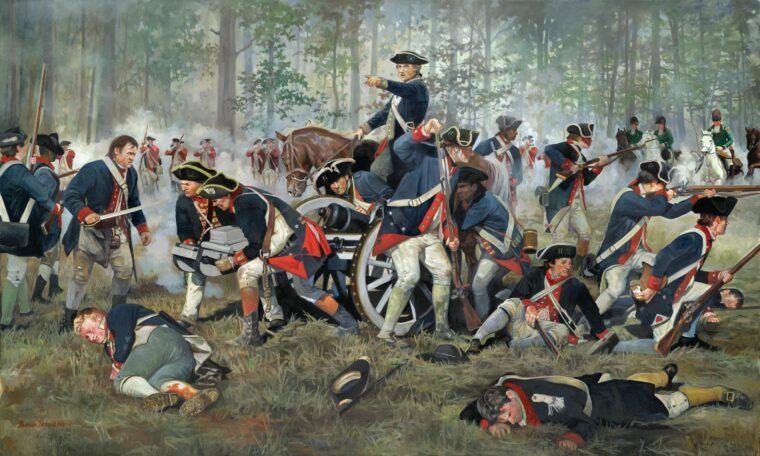
Military History
In late March 1781, American Maj. Gen. Nathanael Greene sought to make the best of a bad situation. Read more
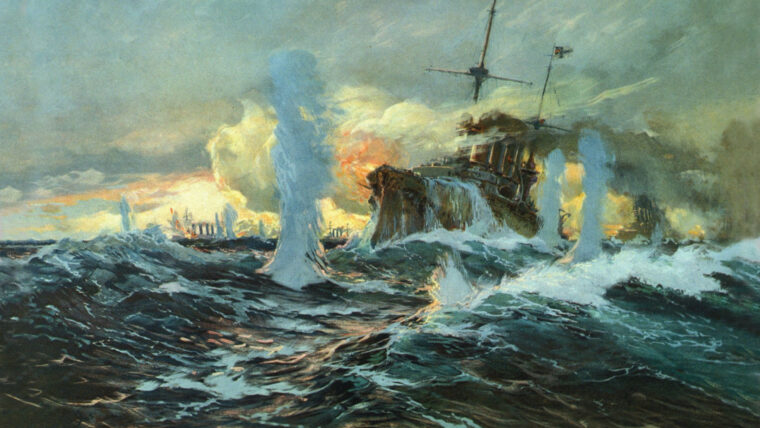
Military History
When World War I broke out in August 1914, the captains of the various German warships called their men together to give three cheers for the Kaiser. Read more
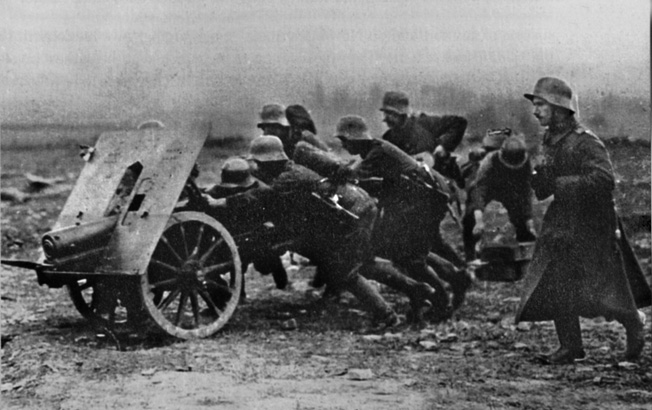
Military History
The Somme offensive, which began on July 1, 1916, had by late that month deteriorated into a series of small, costly actions. Read more

Military History
Knowing that Puritan pursuers would be hot on his trail as soon as they realized he was not in Worcester, the king and his advisers stopped briefly at an inn in Ombersley (inevitably renamed the King’s Arms) to discuss their plans. Read more
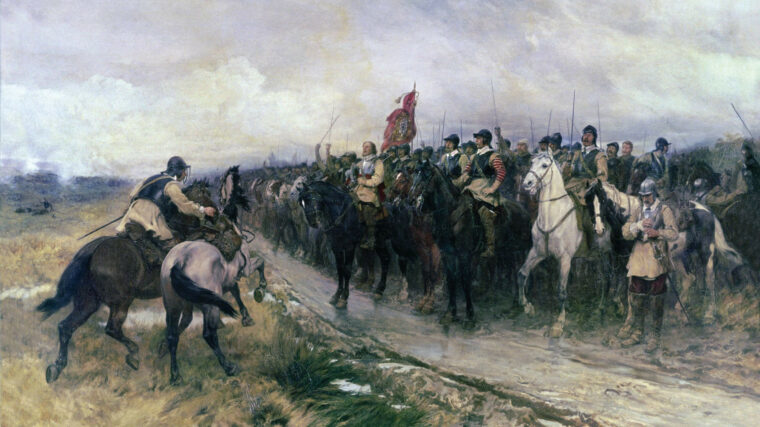
Military History
Charles Stuart liked to gamble. The 21-year-old son of slain English King Charles I was a fixture at the gaming tables and boudoirs of Europe, where he had spent the last half decade in restless exile while his father unsuccessfully sought to hold onto both his crown and his head. Read more
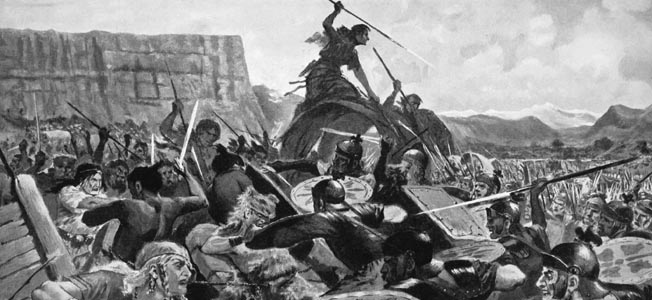
Military History
The basic unit of the Roman army of the late Republic was the legion, derived from the Latin word legio, meaning “military levy.” Read more
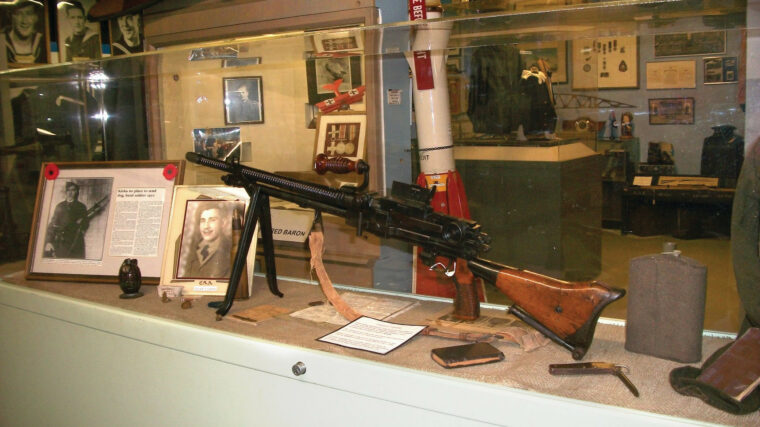
Military History
The Canadian Military Heritage Museum in Brantford, Ontario, has a four-part mission: to collect, preserve, and display artifacts pertaining to the military history of Canada; to maintain and manage a museum for the purpose of education; to display the artifacts at community events; and to honor the fallen and all veterans who have served and are still serving in the Canadian military. Read more
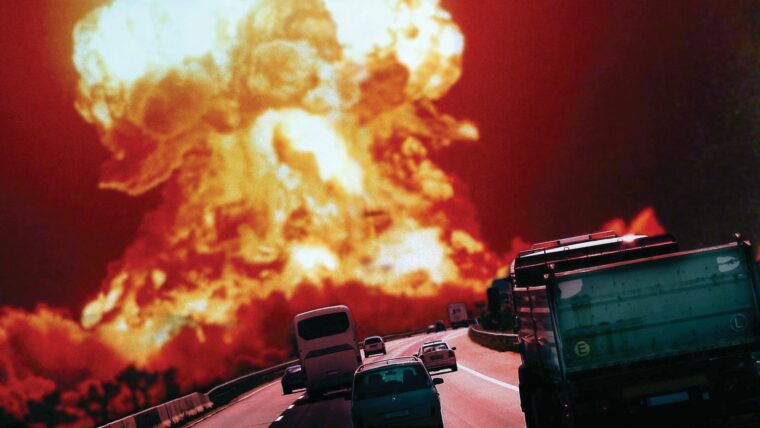
Military History
On the night of November 20, 1983, Armageddon went prime time. Over 100 million Americans tuned in to the ABC television network to watch the two-hour drama The Day After. Read more
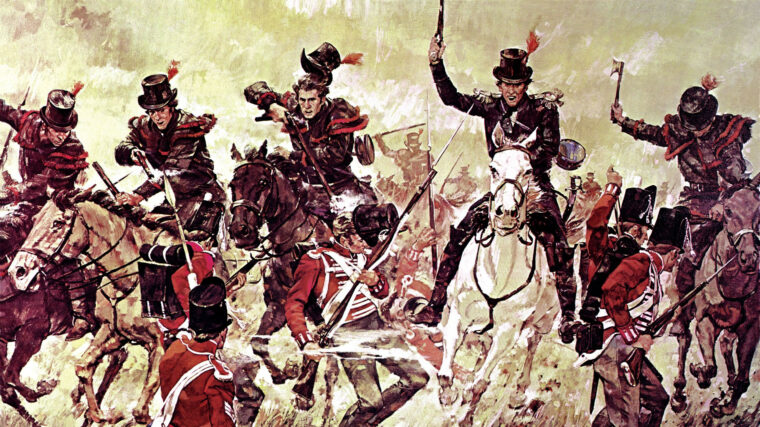
Military History
A British squadron lay wrecked on the waters of Lake Erie. Six vessels of war floated in ruins and 135 English sailors lay dead or wounded. Read more